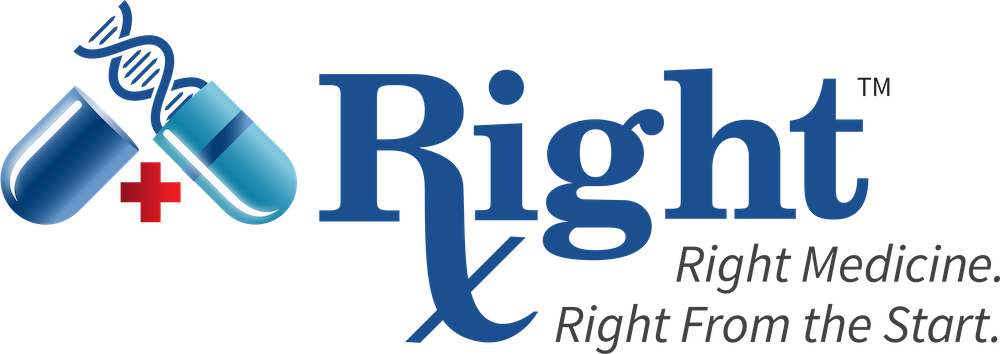Celebrating National Junk Food Day: Understanding Nutritional Impact on Drug Metabolism
As we observe National Junk Food Day, it's an opportune time to understand the impact of dietary choices on our health, including how they influence drug metabolism. Yes, you read that right – what you eat can affect how your body processes medications. At MD Labs, we're committed to raising awareness about this crucial interplay, empowering individuals and healthcare providers to make informed choices for optimal health outcomes.
Nutrition and Drug Metabolism: The Connection
The relationship between nutrition and drug metabolism is complex and multifaceted. Both macro- and micronutrients can affect how the body metabolizes drugs. For instance, specific proteins, fats, carbohydrates, vitamins, and minerals can alter the activity of enzymes responsible for breaking down medications in the body, impacting their effectiveness and potential side effects (1).
Impact of Junk Food on Drug Metabolism
Junk food, typically high in unhealthy fats and sugars, may have significant impacts on drug metabolism. High-fat diets can induce or inhibit the action of certain metabolic enzymes, influencing drug concentrations in the body. This can either intensify or lessen the effects of a drug, which may lead to over- or under-dosing, respectively (2).
Similarly, high-sugar diets can affect the body's drug metabolism machinery. For example, it can alter the function of transport proteins responsible for moving drugs into and out of cells, potentially affecting drug efficacy (3).
The Role of Personalized Medicine
Recognizing the influence of diet on drug metabolism, personalized medicine is moving towards considering an individual's nutritional status when prescribing medications. By understanding a patient's unique genetic makeup and dietary habits, healthcare providers can better predict how a drug will be metabolized and adjust prescriptions accordingly.
Navigating Towards Healthier Choices
While celebrating National Junk Food Day can be a fun indulgence, it's essential to understand the potential impacts of our dietary choices on our overall health and medication effectiveness. Striving for a balanced diet rich in fruits, vegetables, lean proteins, and whole grains can support healthy drug metabolism and contribute to better health outcomes (4).
At MD Labs, we're here to empower you with the information you need to make informed health and dietary decisions. By bridging the gap between nutrition and pharmacology, we aim to promote healthier lifestyles and improved patient outcomes.
References:
Clayton, P. T. (2006). How nutrition interacts with genetics in metabolic disease. Nutrition, Metabolism and Cardiovascular Diseases, 16(1), 114-120.
Skottheim, I. B., Stormark, K., Christensen, H., Jakobsen, G. S., Hjelmesæth, J., Jenssen, T., ... & Sandbu, R. (2009). Significantly altered systemic exposure to atorvastatin acid following gastric bypass surgery in morbidly obese patients. Clinical Pharmacology & Therapeutics, 86(3), 311-318.
Dallmann, A., Pfister, M., van den Anker, J., & Eissing, T. (2017). Physiologically‐based pharmacokinetic modeling in obesity from the therapeutic to the nutritional perspective—CYP3A case study. The AAPS journal, 19(4), 1123-1134.
Nguyen, N. H., & Hadj‐Aissa, A., Dumortier, J., Chalopin, J. M., & Bresson‐Hadni, S. (2012). Influence of nutritional status, laboratory parameters and dietary patterns upon urinary green tea polyphenols in healthy individuals. Clinical Nutrition, 31(4), 527-533.
